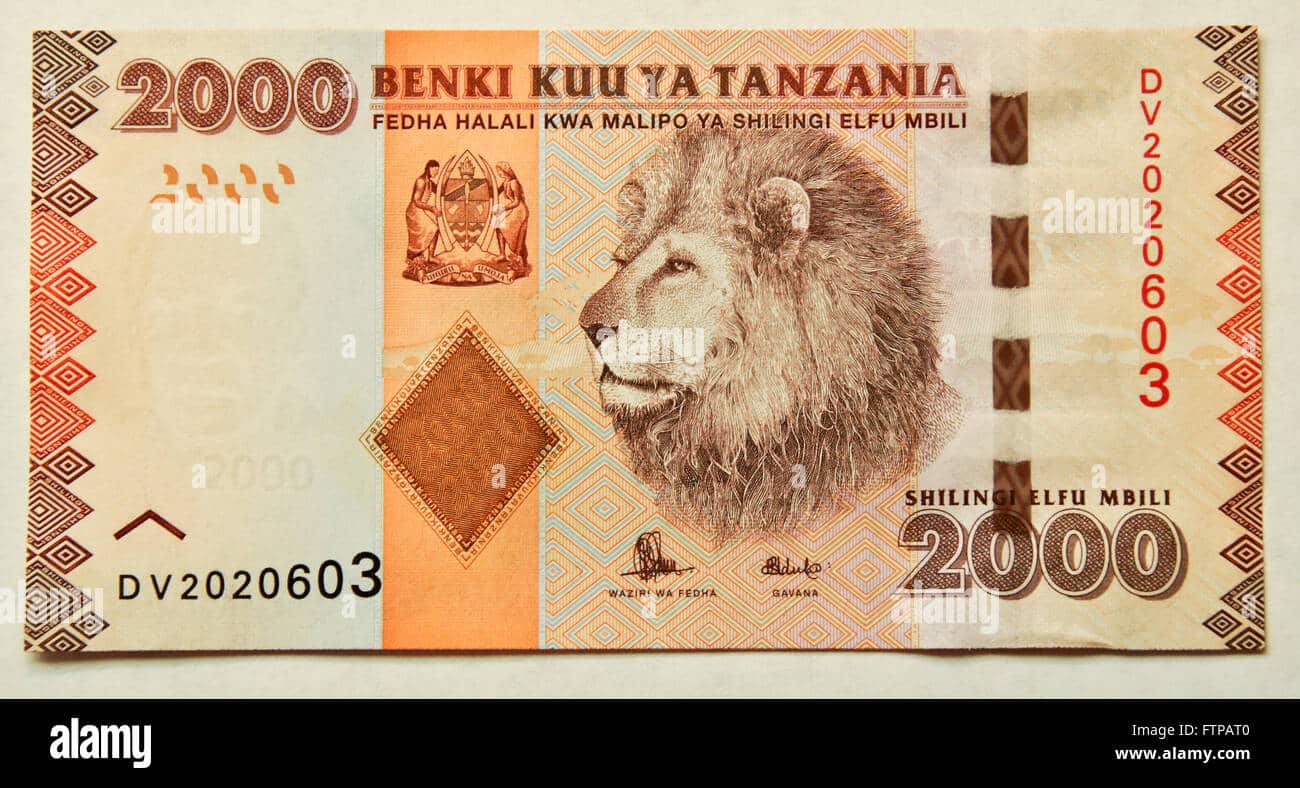
Digital Payment as a Way to Increase the Freedom to Make Payments
By Francis Nyonzo
In my recently published paper on denominational inflation, I have shown how currency with the highest denomination affects price setting and causes inflation. Focusing on Tanzania as the case study, the research has shown that it is costly to mint a one-cent coin, and it is the fifty-Tanzanian-shilling coin that is in circulation. The problem is that producers cannot set a price that is not divisible by 50. While 50 is in circulation as the smallest denomination, the research has shown that most cited prices are divisible by 100. That is, 100 Tanzanian shillings is the smallest monetary unit most used for transactions.
The problem with having 50 as the smallest coin but 100 as the smallest cited unit makes consumers pay more. For example, the fare for the Rapid Bus Transport is divisible by 50, but passengers have complained that they are often not given 50/= as change. So, if the price is 750/=, a passenger pays 800/= because 50/= is not as readily available as 100/= in circulation.
Why has this become a problem?
This becomes a problem because people often use cash to pay for goods and services. The use of mobile money in Tanzania is not as common as in other East African countries. Some studies have shown that the costs for mobile money in Tanzania are higher compared to neighboring countries. That is, mobile money is the best option but also a costly one. It is normal for the consumer to choose what is cheap, and in this case, it is using cash. Using cash not only makes it harder for monetary policy implementation but also for government revenue collection. Tanzanians do not always demand electronic receipts, so when they pay using cash, it becomes even harder to know the sales and estimate the taxable amount. Whereas if mobile money were used as a means of payment, this problem could be alleviated.
Competition is another factor needed for producers. Using cash with limited denominations restricts the ability of producers to set competitive prices. If producer A charges 700/=, producer B cannot charge 699/= as it is not payable using cash. Automatically, the difference between prices must be divisible by 50, which makes competition stiff as it limits producers’ ability to set attractive prices.
Can Tanzania promote mobile money transactions?
Using mobile money for payments is costly for those paying small amounts. The costs are given in thresholds (bands). One who pays the lowest limit of a band pays more than one who pays the highest limit of the same band. Taking the lowest limit of every threshold for Airtel Money, one of the mobile money services in Tanzania, the cost is more than 5% for payments less than 15,000 Tsh.
Instead of removing or reducing taxes, some members of parliament have suggested taxing this more, which does not promote the use of such payments. There is room for promoting mobile money by using various strategies, including reducing taxes. In my research, I have suggested that the cost for mobile money should not exceed the cost that a consumer incurs when using cash. I call this the adjustment index, which is the average amount producers charge to accommodate the coins that are not in circulation. To achieve this, it is essential to revise the taxes charged on mobile transactions. In the digital world, digital means of payment should be promoted to align with the current development agenda.
I understand the problem that Tanzania faces in revenue collection, but taxing mobile transactions is not going to make it any better. One of my unpublished works has shown that the number of transactions has a positive relationship with government revenue, whereas the amount of mobile transactions has no significant relationship with government revenue. Promoting small payments will increase the number of transactions per mobile money user and, in turn, increase government revenue.
It is not a matter of choice
The issue of promoting digital payments increases competition among producers, improves the efficiency of monetary policy, and boosts government revenue. This is not a matter of choice but a necessity, because while the government needs revenue, it should come not from taxing but from promoting digital means of payment. In the long run, digital payments will not only increase freedoms for the people but also provide the government with sufficient revenue.
Tag:EAC, Mobile Money, Tanzania Shillings, Tax



Tanzania’s Economic Resilience: Can We Withstand Reduced EU Support?